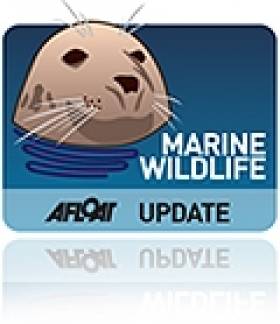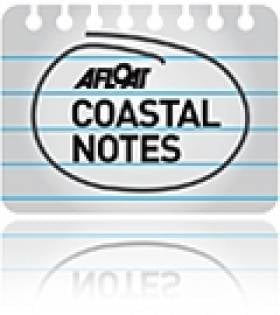Displaying items by tag: Jim Higgins MEP
The EU should review the materials used in plastic bag manufacture and encourage greater usage of biodegradable carrier bags to prevent further marine environmental damage, according to Jim Higgins MEP, following a vote by the European Parliament on the issue this week.
This week, MEPs backed ambitious targets which will oblige Member States to reduce their use of light plastic bags, first by half, and then up to 80 per cent as compared to the average EU consumption in 2010 within at least 5 years.
This is good news for the marine environment according to MEP Higgins: "60-80 per cent of all marine litter is plastic material, scattered across all the world's oceans. The seabed closest to coastal regions can be most contaminated, especially with debris from carrier bags.
"The sheer volume of plastic waste and its durability is causing havoc for marine life which gets entangled in it or ingests the debris. There is also some evidence to suggest that chemicals from the materials present a toxic hazard for marine life and seawater quality.
"The durability and hard-wearing nature of plastic that makes it so useful also makes it problematic for environmental reasons as it takes so long to degrade. While some initiatives to reduce our reliance on plastic and increase recycling are positive, such as the plastic bag charge and more reusable shopping bags, we need to review the actual materials being used by manufacturers," Mr Higgins continued.
"An in-depth study by the University of Plymouth on the degradation of plastic carrier bags in a realistic marine environment showed that compostable plastic disappeared between 16-24 weeks, whereas 98 per cent of all other plastic remained after 40 weeks. One possible remedy proposed by the scientists behind the study is increasing our use of biodegradable carrier bags."
The Midlands North West MEP highlighted a recent success story in Italy: "Thanks to the use of biodegradable-compostable bags combined with a restriction of other types of bags, Italy has halved its plastic bag consumption since 2011. This is a trend that could apply to the entire EU under the right conditions."
Ireland's Bathing Spots Among Cleanest in Europe
Ireland has ranked fifth in a new Europe-wide report on bathing water quality - but some beaches in Northern Ireland are falling short of strict EU standards.
MEP Jim Higgins welcomed the results of the annual Bathing Water Report for 2010, saying: "Ireland's scenic attributes are a primary reason for attracting tourists and it is essential that our coastal and inland bathing sites are also enticing."
Ireland has moved up five places from its overall rank of 10th in 2009, with 90.1% of all bathing water sites meeting the EU's Blue Flag guidelines for water quality at beaches and swimming spots.
However, the Daily Telegraph reports that a number of beaches in Northern Ireland and other parts of the UK were judged to be 'poor'.
Beaches at Newcastle and Ballyholme in the North are among 16 across the UK that did not pass the EU's strict checks for Blue Flags.
The 2010 report ranks Cyprus as the cleanest bathing spot in Europe, with 100% of sites passing EU insspection. It was closely followed by Croatia with 97.3%, Malta at 95.4% and Greece at 94.2%.

























































